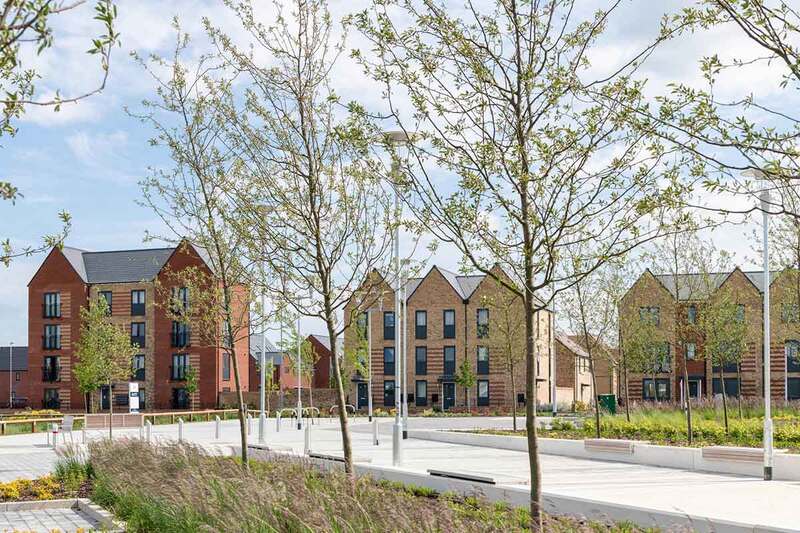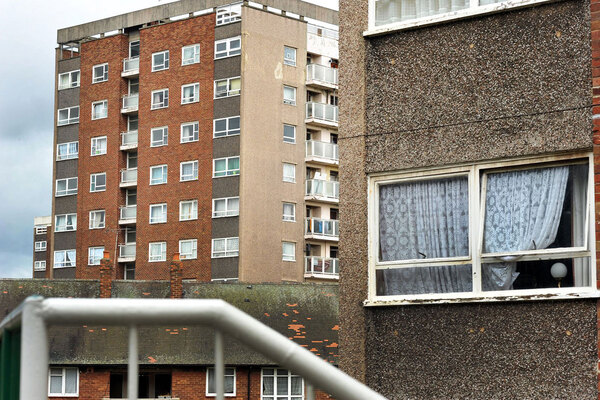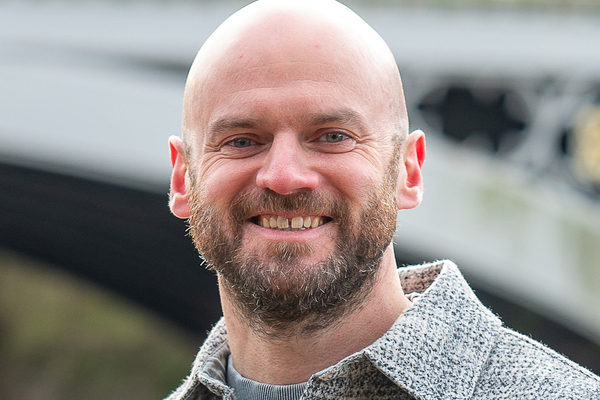What should rent pay for?
Kate Wareing calls for a long-term national policy on housing that recognises the sector’s constraints
As a country we are spending increasing amounts of money supporting people to pay their rents. The housing benefit budget now costs taxpayers more than the entire policing budget.
There are two reasons for this: the cost of rent keeps climbing as a market response to scarcity of homes to rent or buy at affordable prices, plus – with fewer people owning their own homes – more people will be renting well into retirement, with incomes not high enough to cover their rental costs.
Since 2011, government policy has moved away from capital funding to bring down the costs to local authorities and housing associations of acquiring or building new homes.
Now the model is debt-funded based on higher rental charges. The introduction of “affordable rents”, linked to local market rents, was the strand of this shift most visible to residents and providers.
The rent cap last year, and the rent cut for four years prior to that, has had a cumulative impact that has massively eroded housing associations’ and councils’ headroom.
The Consumer Price Index (CPI) has gone up by 11.1 per cent more than the rate at which rents have been allowed to increase over the past 10 years.
Costs have also gone up by far more than CPI – repairs, insurance, fuel, interest, staffing… the list goes on.
Then there are the investment needs. Rental income at Soha (where I am chief executive) has always covered our running costs, our debt and our long-term maintenance.
It also provides a surplus for reinvestment in long-term stock regeneration and/or new homes.
Now, with higher interest to pay, the costs of meeting net zero carbon and the inflation gap mean we simply cannot do it all. Our current residents and their homes have to come first.
So, what does this mean for housing supply? Put simply, we need national policy to become long-term again.
As a country we will either see revenue costs continue to spiral as demand for rental homes continues to climb, or we need to invest again in capital funding to enable truly affordable homes that communities need and want to be built.
These should be developed by organisations invested in those places – organisations that are able to deliver good services to residents and that are not seeking to maximise returns to their shareholders.
We need an honest and open conversation with government about trade-offs and how to plan for the long term once more.
Together we need to acknowledge the collective constraints we face and work collaboratively to imagine a more rational future – one where we’re not just responding to the crisis, but getting ahead of it.
It’s not that we aren’t spending a lot of money on housing – we are. How we tip this spend back to being an investment for the future is both the challenge and the opportunity. That means talking about funding.
At PlaceShapers, our ask of government is to talk to us about the cash and also about who should be able to access the homes we provide.
As someone running an association in a high-cost area (Soha operates in and around South Oxfordshire and neighbouring districts), I think social housing, in communities, for communities should mean housing that anyone who can’t afford to buy has a chance of being offered – and not only those in the most acute need.
That’s the kind of housing communities would support being built.
PlaceShapers providers can make that claim because our community-based approach means we work hard at creating productive local resident engagement opportunities.
Soha itself is a mutual – our shareholders are our residents and staff who have chosen to become members. The board, which includes five residents, is accountable to them for our decisions and performance.
In a housing system managing scarcity, considering what true accountability means both to our residents and our wider communities is a conversation about trade-offs and political priorities.
We need to recognise the power imbalances, recognise our collective need as a society to address the housing crisis and what we need from each other to do this well. And we need to create the structures to work together on strong foundations of trust.
Tenants and shared owners everywhere deserve to be part of that big conversation, as do those millions with no prospect of somewhere secure and affordable to call home.
Rebuilding social housing as a truly affordable, high-quality, mainstream tenure for future generations is the prize.
Kate Wareing, chief executive, Soha Housing, and board member, PlaceShapers
Sign up for Social Housing’s comment newsletter
New to Social Housing? Click here to register and sign up to our comment newsletter
The comment newsletter brings you a fortnightly selection of specialist opinion, guidance, and political and economic commentary, from a unique range of leading experts.
Already have an account? Click here to manage your newsletters.
RELATED










